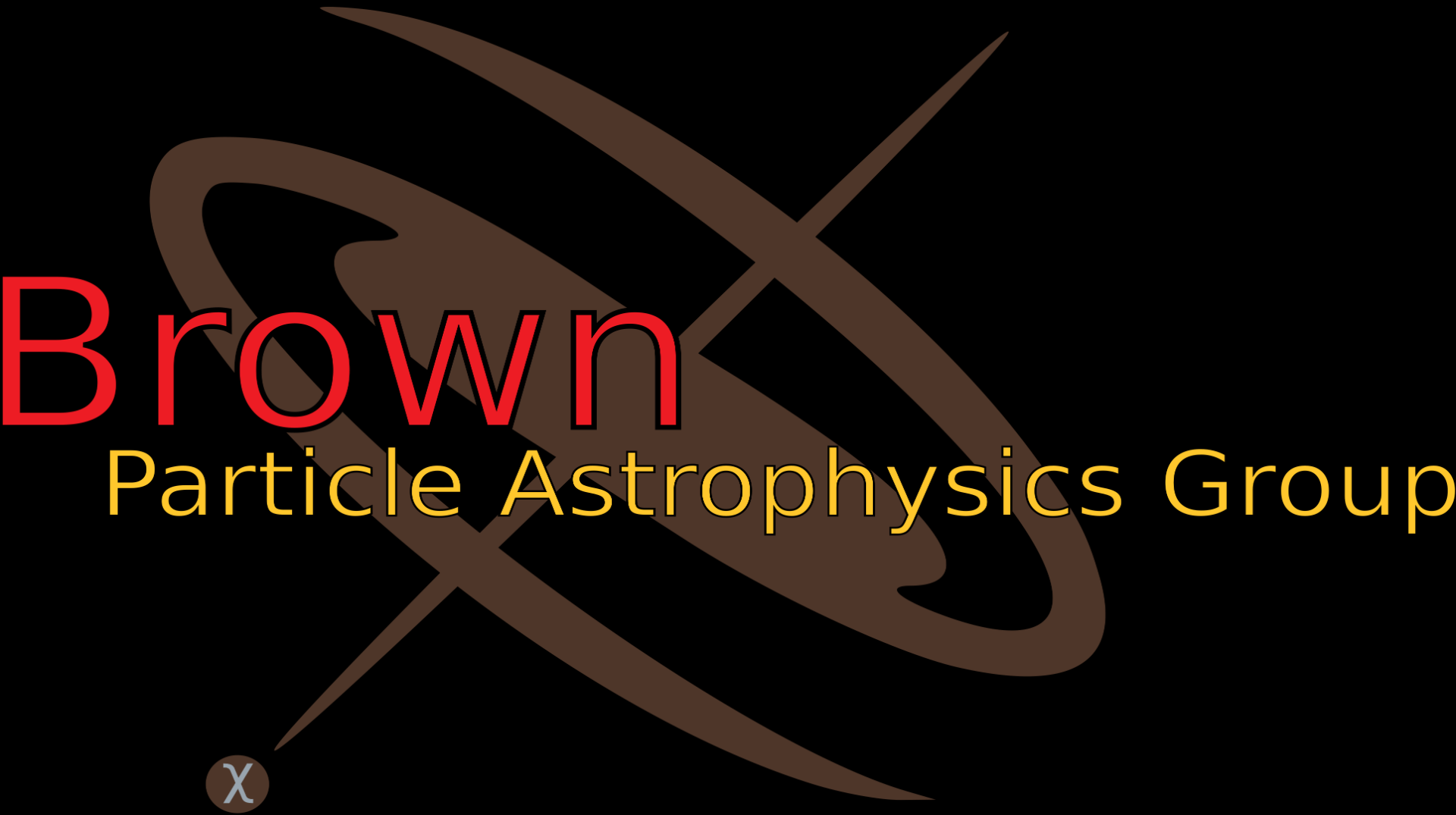Machine Learning

Talks by OUR members
(2025) Woody Hulse, Shawn Dubey at LZ ML Meeting – “Autoencoders for Data Compression in Dark Matter Detection Experiments” (More Detailed) [Recording]
(2025) Woody Hulse, Shawn Dubey at CFPU AI Winter School – “Autoencoders for Data Compression in Dark Matter Direct Detection Experiments” [Recording]
(2025) James Verbus – “Overview of Large Language Models (LLMs) and RAG” [Recording]
(2024) Austin Vaitkus, Richard Gaitskell, Shawn Dubey – “Rare Event Discrimination through Pulse Shape Analysis from LZ Dark Matter Search Experiment” [Recording]
(2021) Austin Vaitkus – “Classifying Single/Multi-Scatters with LSTM-FCNs” [Recording]
Brown CFPU AI Winter School
Our group organizes the annual CFPU AI Winter School, which is hosted by the Center for the Fundamental Physics of the Universe (CFPU) at Brown University’s Department of Physics.
The AI Winter School is a multi-day virtual program offered yearly in January by the CFPU. It is open to interested graduate students, post-doctoral researchers and advanced undergraduates from any institution. The goal of the AI Winter School is to offer examples of the direct applications of machine learning methods to a range of problems inspired by the use of artificial intelligence in physics. We will provide hands-on experiences with machine learning tools to help reduce the barriers to engagement with these essential tools for physics research.
The past two years’ programs consist of multiple modules comprised of a lecture session delivered by Brown Physics faculty members and industry experts, followed by practice workshop sessions for participants with direction in the use of machine learning tools. Each module and following workshop are intended to stand alone; participants may sign up for as many modules as they choose. All modules will take place virtually. There is no registration fee.
Details on past Winter Schools, including module topics, can be found below.
List of Modules:
0. Roundtable: What do we need AI to be capable of to really propel physics forward?
1. *Introductory Module
2. Development and Deployment of Graph Neural Networks in Particle Physics
3. Physics-Inspired Operator Learning for Inverse Scattering with Application to Ground Penetrating Radar
4. Unsupervised Learning to Find Interacting and Starburst Galaxies
5. *Overview of Large Language Models (LLMs) and RAG
6. *Auto-Encoders for Data Compression in Dark Matter Direct Detection Experiments
7. Generative AI, Agents, and Industry Applications
(Modules that start with “*” are presented by our group.)
List of Modules:
0. Roundtable: What Discoveries and New Techniques will be Enabled by AI?
1. Unsupervised learning to find anomalies
2. Training simulations to predict the first stars and their effect
3. The evolution of boosted top tagging at the LHC
4. Galaxy Finding and Sorting in the Vera Rubin Observatory’s LSST and Beyond
5. *Rare Event Discrimination through Pulse Shape Analysis from LZ Dark Matter Search Experiment
6. What electron configurations are possible in materials?
(Modules that start with “*” are presented by our group.)
